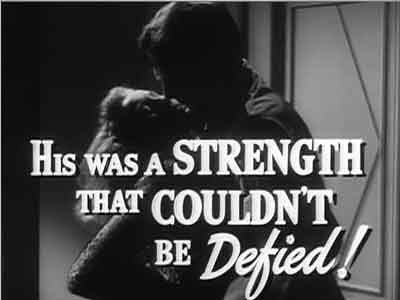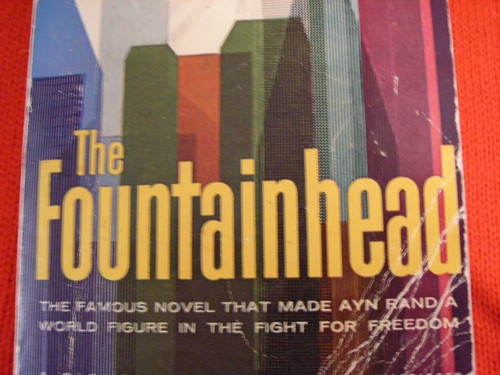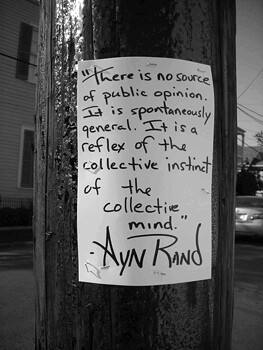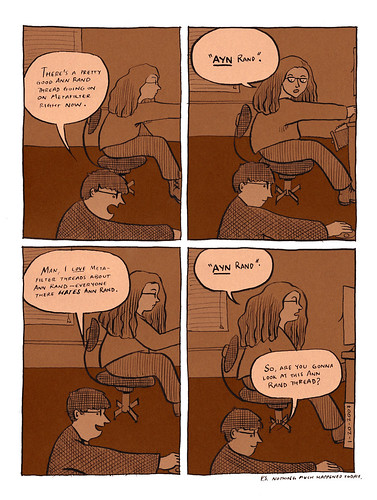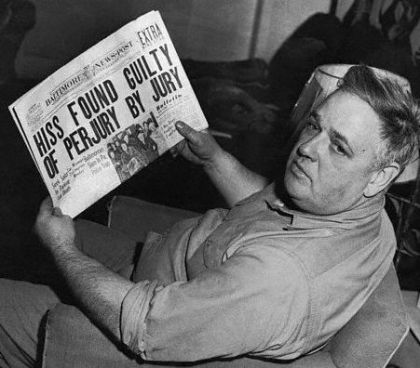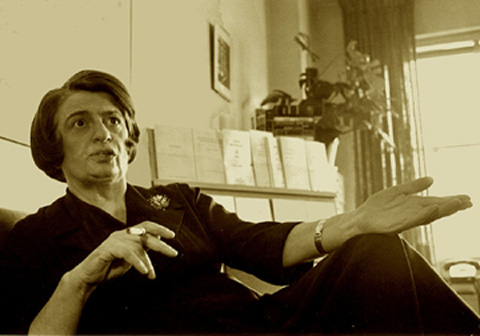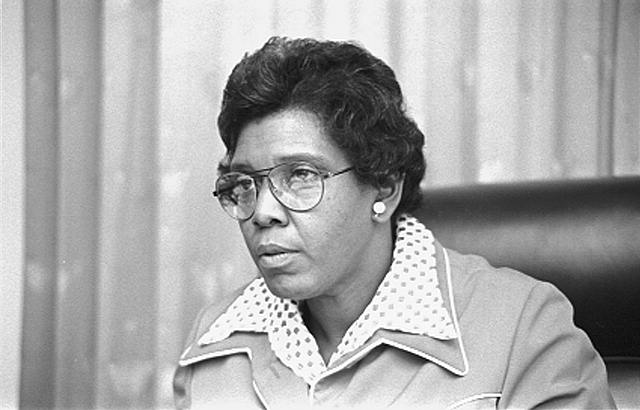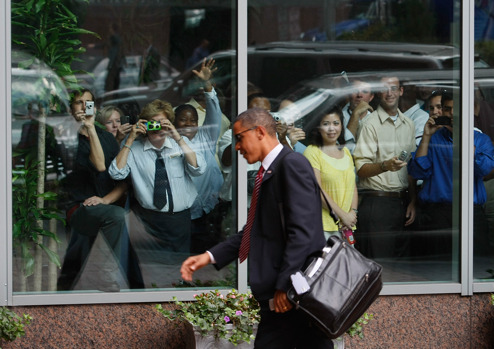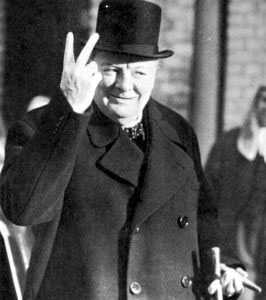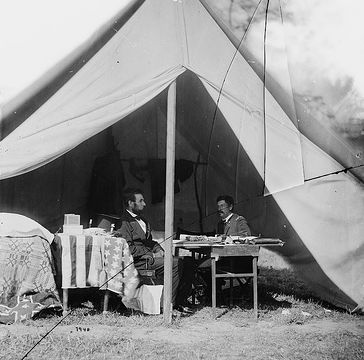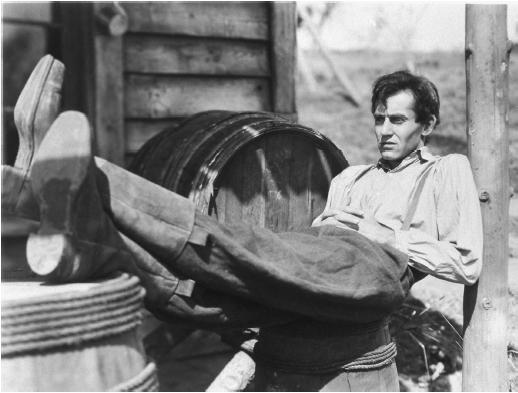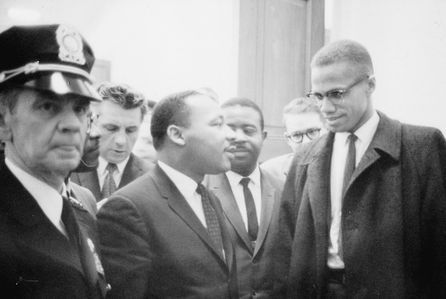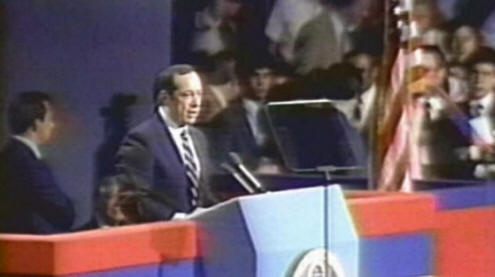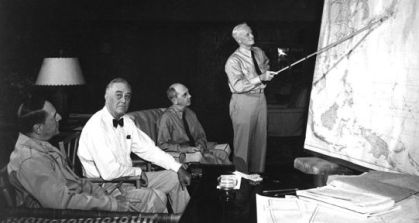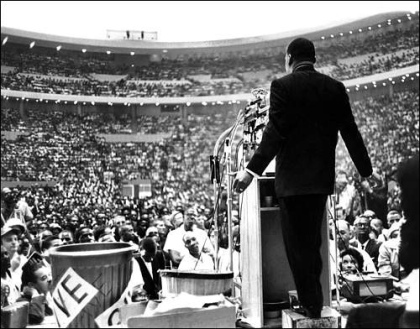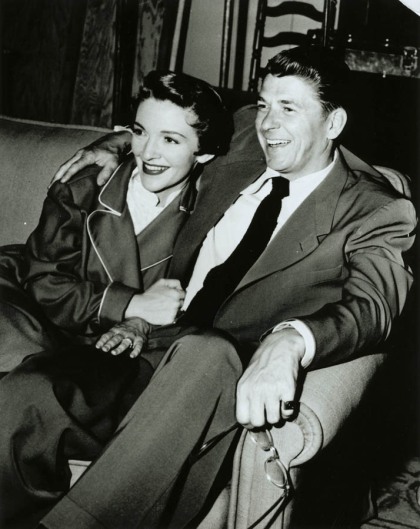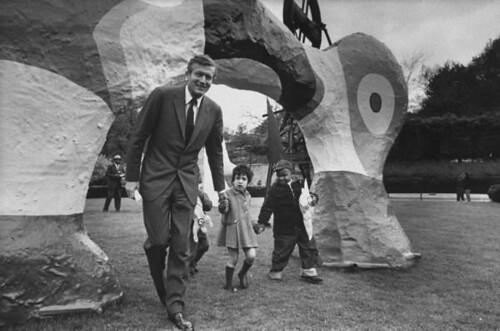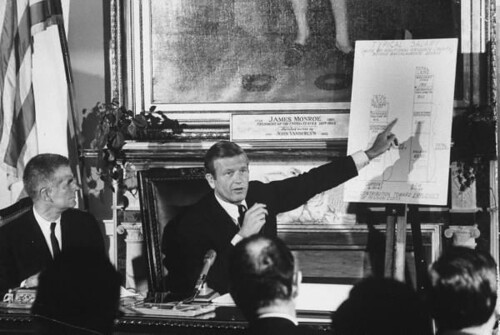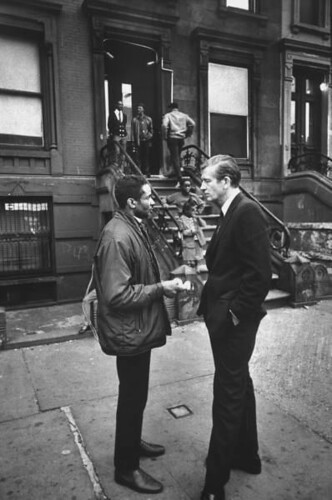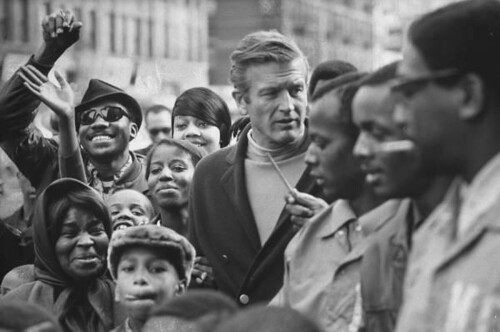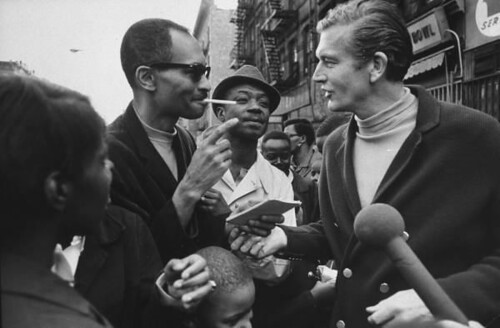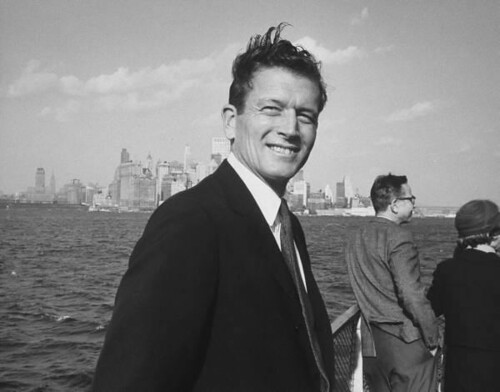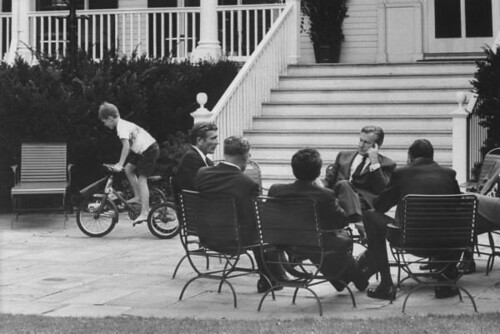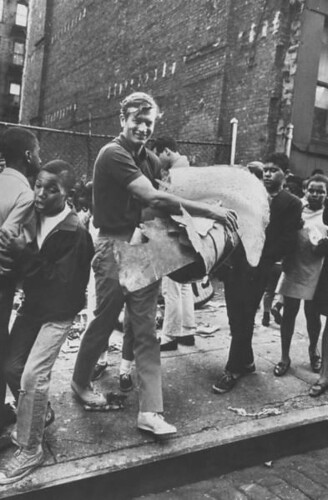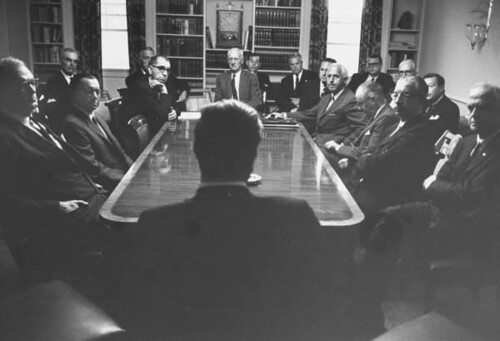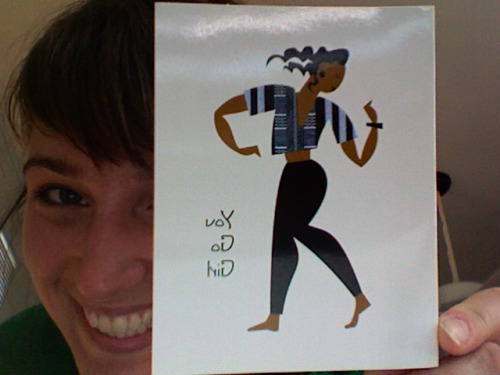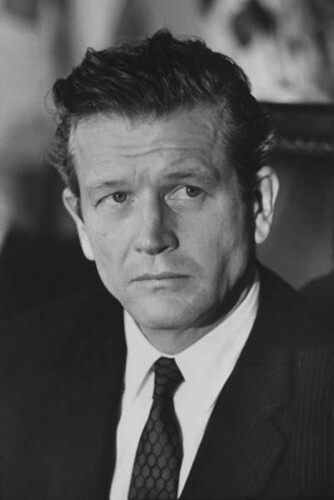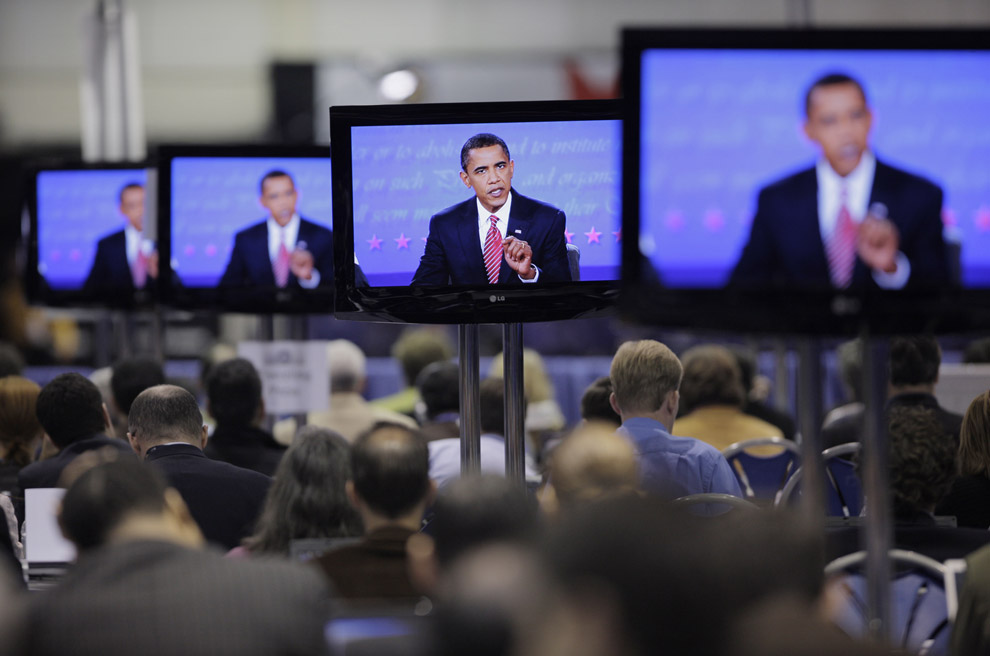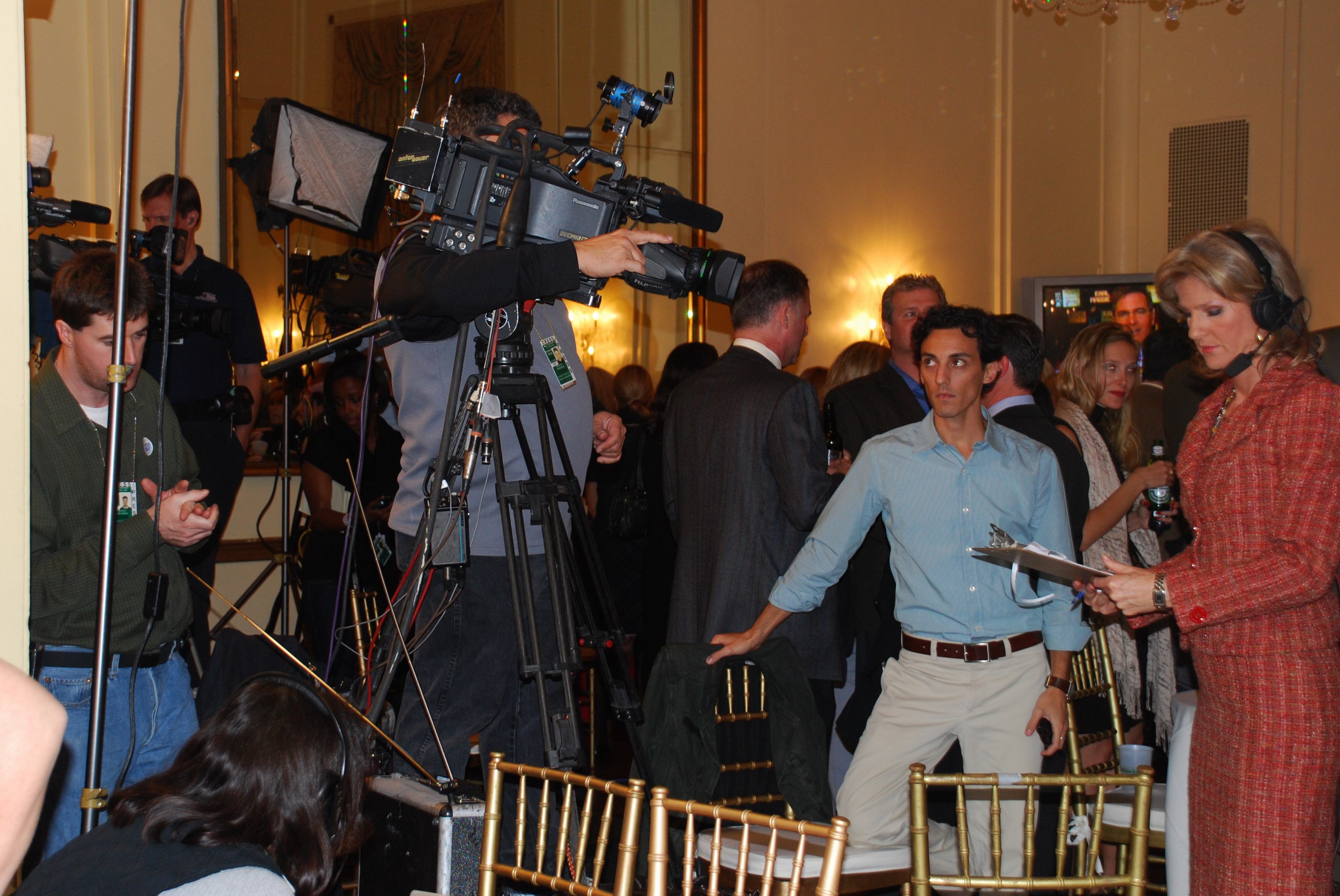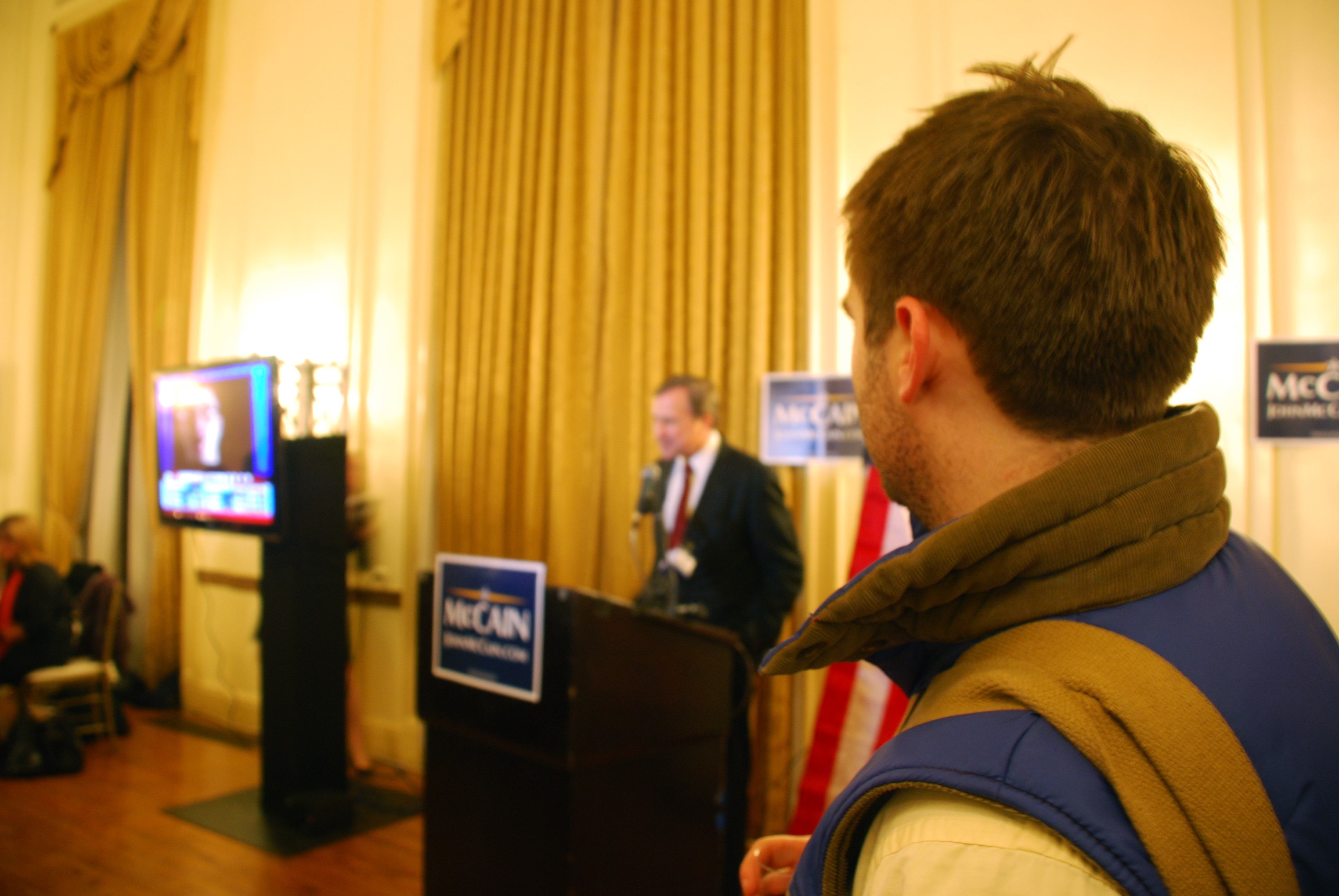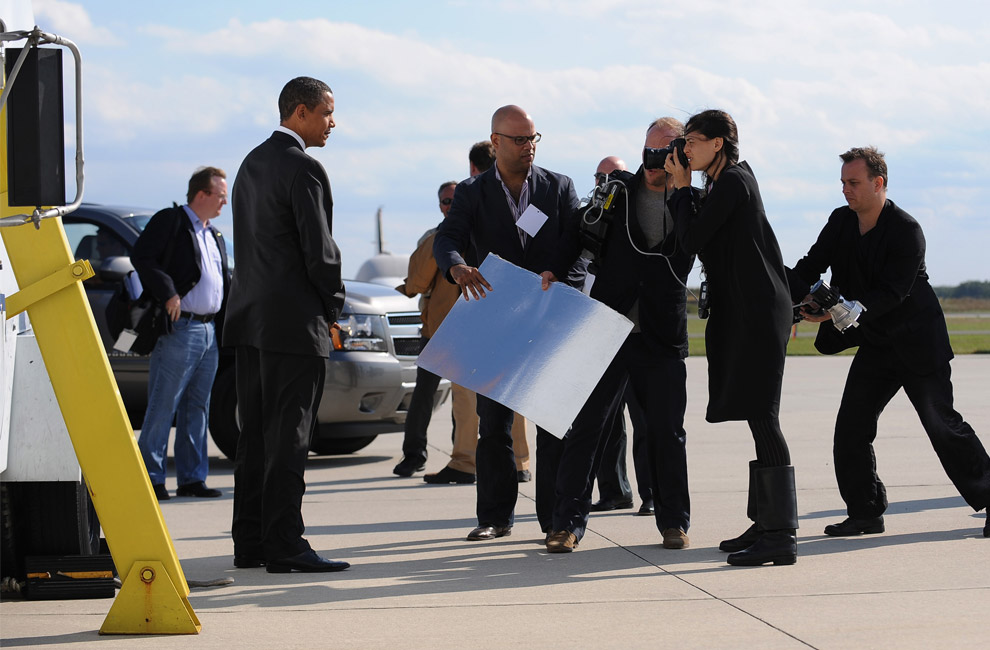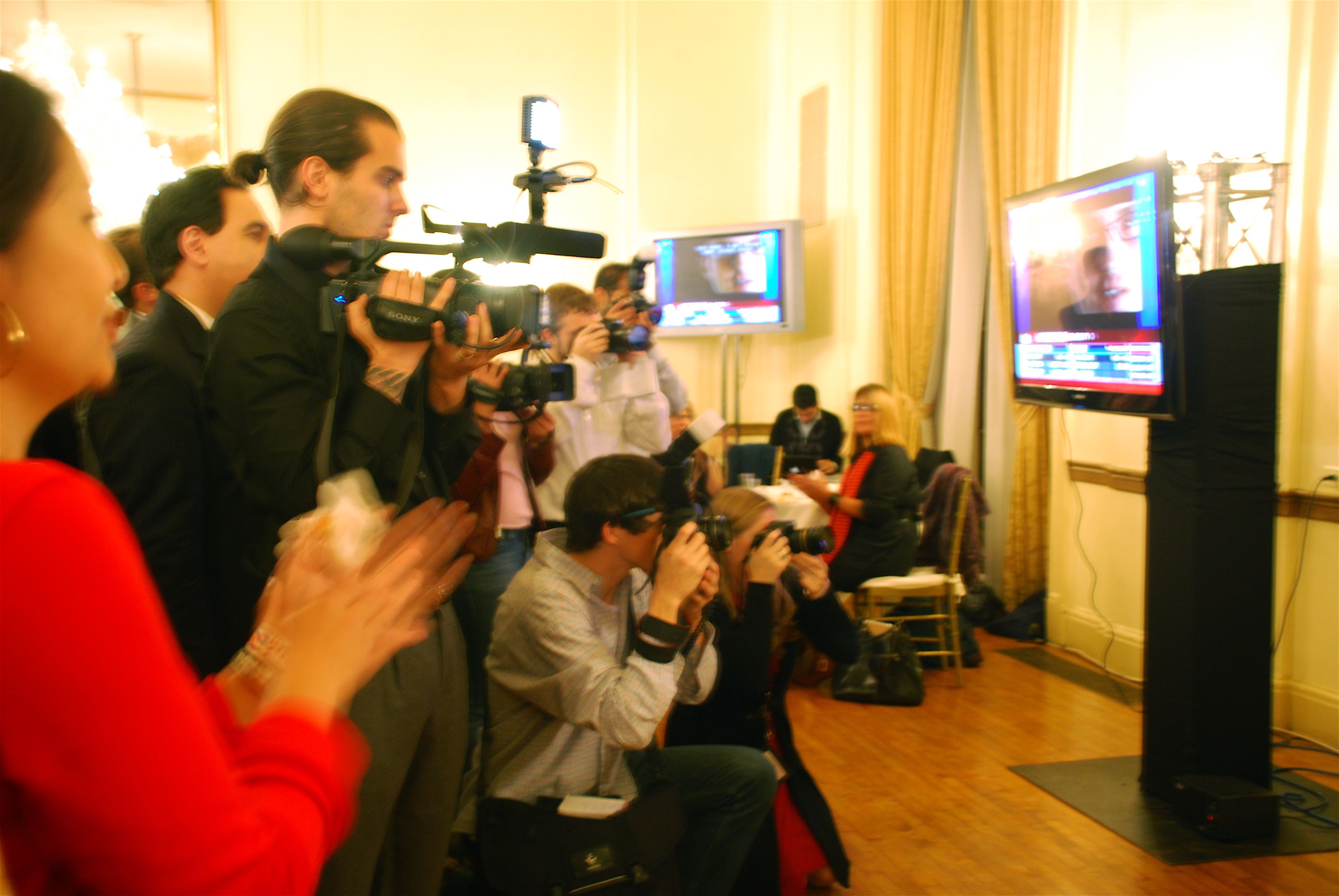 POLITICS
POLITICS In Which She Is Worth Risking Everything For
 Thursday, June 18, 2009 at 4:58PM
Thursday, June 18, 2009 at 4:58PM 
Eliot Spitzer's No Good Very Bad Days
by Alex Carnevale
To be left alone, a man will do a lot of things. To be left alone to have sex with a beautiful woman, a man will pay many green things.
One of freedom's greatest enemies was sacrificed on the altar of his own hubris this month, and everyone seems to be enjoying it quite a bit, not least of which is the brave prostitute who didn't permit him to penetrate her anus without a condom.

she surely deserves the presidential medal of ho-dom
We are party to one of the better times to be a prostitute in recorded history. This particular prostitute lived in a $4,000 dollar a month apartment, partied 4 days a week, and all she had to do was fuck the governor and other rich clientele on a regular basis. There are worse bargains. At least when she gives herself over to the government, they foot the bill, as opposed to the taxpayer.
I have no idea how prostitution has managed to be illegal for this long. There's clearly nothing wrong with taking money for sex, and criminalizing this behavior only serves to put what should be a honest, public business in dark shadows where abuse and misery loom ever larger. As with most government intervention, laws against prostitution do nothing but waste resources and further hurt those who they are designed to protect. And prevent us from seeing awesome photosets that appear in the Post, and US Weekly.

showtime series will capitalize on this photoset
Also amazing were these letters to the Post. If you can believe it, the Post was given to many schools for free on the day of the Dupre pictorial. I know. I know.
As an employee of the New York City Department of Education, I was appalled at the cover and interior pictures of the woman involved with the Spitzer scandal ("Bad Girl," Cover, March 14). The paper is delivered free of charge to many public schools, and to have the paper put into the hands of children is unconscionable.
James Favilla
Brooklyn
I am astounded that you would print such a photo on the front page of your paper and send free copies to an elementary school. I think that when you supply free newspapers to our schools, your front page should not be a nude picture of Gov. Spitzer's hooker.
Dolores Gateson

ms. dupre reportedly has man hands
The crusading lawmaker has only way of achieving success. Spitzer must make laws, he must prosecute wrongdoers. You'd think Eliot would have be willing to hand himself over in handcuffs once revelations of his misdeeds hit the airwaves, once he'd subjected his wife and children to his adulterous ways.
Instead the sniveling prick hired Scooter Libby's lawyers and resumed crowing about the public good. There is no shortage of words to say how wrong Mr. Spitzer is.

dupre myspace
Like most lawyers, Spitzer fed on the good work of others, siphoning off money from the public and private sources that are compelling by the government to employ them. There should be no such thing as a lawyer, a malevolent group of ne'er do wells who tear down instead of create, who bill hours instead of working for them, and who steal our best and brightest for long proceedings in which "judgment" is rendered, and a supposed higher good is upheld.

"kristen" and her tramp stamp
We see in these foundering black socks another spoiled rich boy, who immediately set out to abuse the office he wanted so desperately to attain. I once met one of Mr. Spitzer's aides: a friend of a friend, he had less to say for himself than a whore. Any person naïve and stupid enough to put their trust in a fucking "steamroller" deserved what he got in the wake of this scandal.
And as for his wife, staring vapidly into her excuse for a husband's eyes? What are we to say of this one, educated at Harvard Law to marry this perverse twit; a woman who once resolved she'd never be like Hillary?

men: it wasn't her place
Instead of separating herself from the man who betrayed her family, she had the nerve to stand next to him, as he "apologizes." For him to use her as a shield is despicable. To give the impression that this is a man worth saving, even for a moment, is the wrong message to send to her daughters. I will cut her some slack considering her life is falling apart because of the woman in this photo...

...but still. Reports that she urged him to hold onto his office until the last moment complete the portrait of a woman whose craven desire for power overwhelms even the most damning of circumstances.
"She'll come out with flying colors," Thomas Comer, whose sister married Silda's brother, told The Post. "She'll probably end up being more powerful than he is."

Great. And yet in her heart Silda is just misguided and down on anal sex for no real reason. We quote the prostitute Dupre, from her myspace:
If you are in a relationship, and it is "doing absolutly nothing" for you, makes you feel bad about yourself or situations, just causing unessesary drama, and ruining things that you may actually care about...why would you want that in your life?? you need to surround yourself with the people that make you feel good, and that will help you get to that next step in your life. that is what a relationship is all about...growing and moving forward.

she would have have stood by him too
Surround yourself around people that are making moves, and doing what "they want and love" with their lives, positive energy...thats what life is all about...living. Because if you dont, misery loves company, they will only try to bring you down with them...but the question is, are you strong enough, to not let that happen?
Silda had better take the photoset's advice.

spitzer: lessons for nigerian politicians
Mr. Spitzer's fall from grace should have imparted a number of lessons. No one seems to be much interested in learning them. When Mr. Spitzer said that what he did was by any standard not moral, he should have been more specific. Was prostitution immoral? Was it paying for sex that was immoral, or was it doing so in violation of his wedding vows that was?
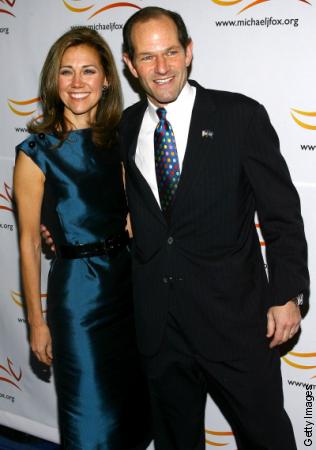
The many enemies that Mr. Spitzer made in the state of New York attest to his grotesque incompetence.
As he declared war on Wall Street and other corporate abusers, Spitzer also declared war in effect on his own oath of office: a commitment to the state and federal constitutional guarantees of the presumption of innocence.
Time after time with high-profile corporate officials - most conspicuously, former American International Group CEO Maurice "Hank" Greenberg - Spitzer railed on national television that his targets had broken the law.
But in most cases - after the damage to reputations was already done - no charges were brought.

possible difference between slave and prostitute
Spitzer's wife, who he deigned not to even mention in either of his preplanned advisor-approved-I-don't want to go to jail talks, is going to leave him eventually. Might this be the appropriate time to confess his love for the prostitute he felt so close to that he pleaded for unprotected sex? George Fox, the real one and the imagined one, would be proud.
"It is also my client's understanding from the same source that Governor Spitzer did not remove his midcalf-length black socks during the sex act," said the letter, which was signed by Stone's attorney Paul Rolf Jensen. "Perhaps you can use this detail to corroborate Mr. Stone's information."
God love Roger Stone.

in all likelihood we will be buying this
There is probably such a thing as a public good, but we have no real way of measuring it. We cannot really know what is best for another person, and it is heresy to think we can.

It is not a matter of judgment. We may judge another, but we cannot hope for them, or live their lives. It may seem like a good idea to be a moral crusader, as men on both sides of the aisle have been to the city of New York. In a place like this, we all agree, to a certain extent, to be policed, to be watched, the temptation is even greater to moralize for others.

if celebs moved to oklahoma
Each generation produces a critical mass of people invested in change. This is as it should be. It is natural for the young to believe in the power of government, especially now, when there are so few social and cultural organizations that bind us together in meaningful ways. This generation, like their parents, wants to be involved in something, and government suddenly emerges as a way of giving meaning to a life that has been divested of it. And yet we cannot say what is right for other people.

how to be a scandalite
Spitzer and his wife are no more, and a new adultering, coke-addled governor has taken his place. For the people that will mean more talk about what kind of horrible men and women we choose to lead us nowhere, as if there were any difference between them.
Alex Carnevale is the editor of This Recording.

Alec Baldwin against prostitution: who'd have thunk it?
A NEW ALBUM WE ARE VERY INTO
"Eyelids" - The Dodos (mp3)
"Walking" - The Dodos (mp3)

"Fools" - The Dodos (mp3)
Dodos myspace
Dodos website
PREVIOUSLY ON THIS RECORDING
The latest Thomas Pynchon got us thinking.
We told you our answers, we left you our dreams on your answer machine.
Molly yelled at me for posting Five for Fighting.

the times is still closing its eyes































